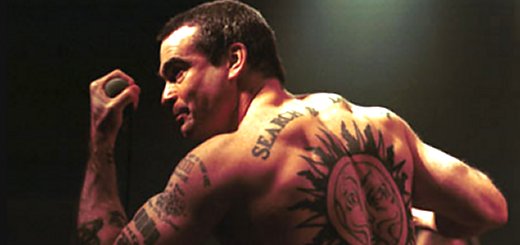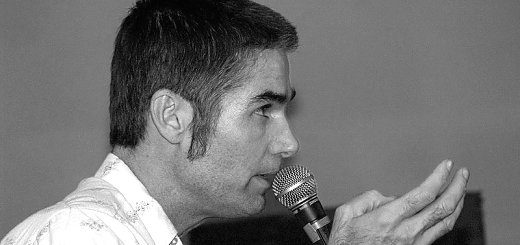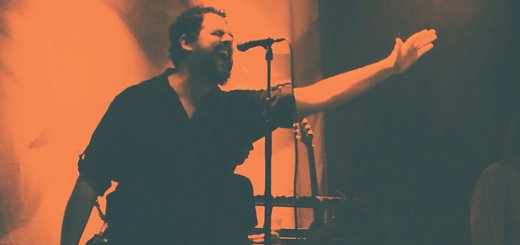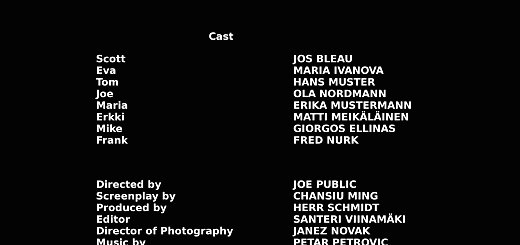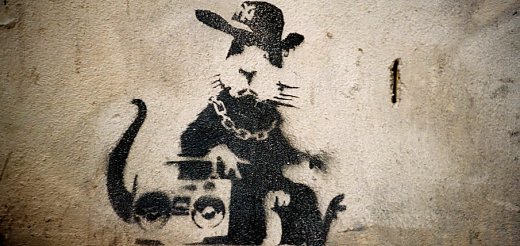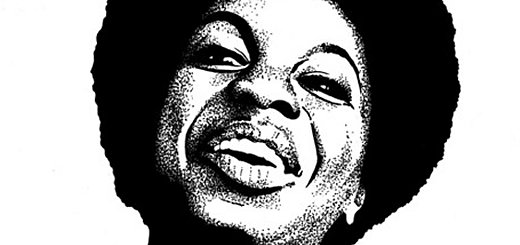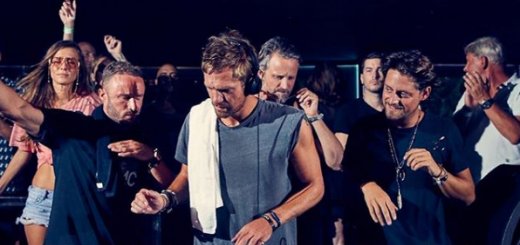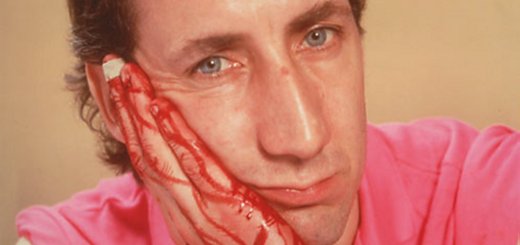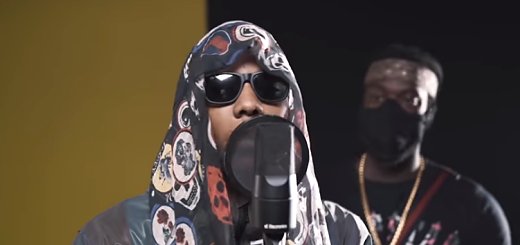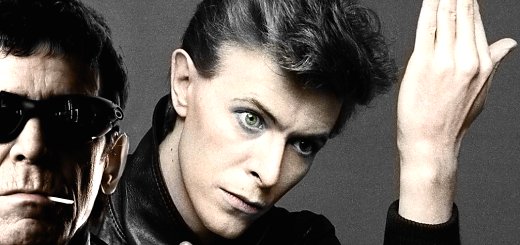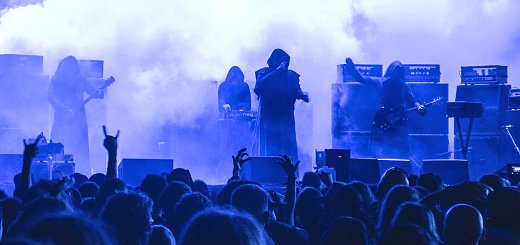Why won't the radio pull-off racially violent songs?
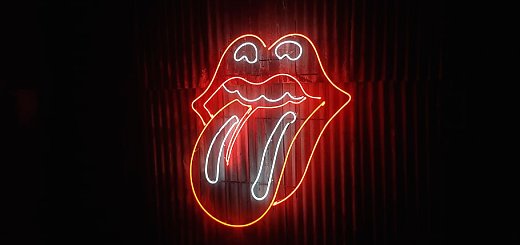
“Pop music tends to smuggle in a lot of contraband lyrically. Words that would cause outrage if spoken often get a pass or go unnoticed when sung" - Record producer Ian Brennan told Rolling Stone about racially violent songs. He pointed out 'Brown Sugar' by The Rolling Stones - "almost undoubtedly, the majority of their audience would claim to be ‘liberal’ and ‘not racist,’ but 60,000 people singing along to those words is not an entirely innocent act. That it is tolerated or dismissed is yet another smaller, but nonetheless meaningful example of systemic racism”. Brennan, who’s written several books about racism and inequity, says The Rolling Stones’ well-known track glorifies slavery, rape, torture and pedophilia.

